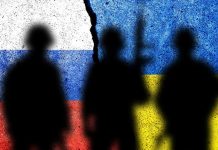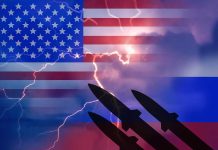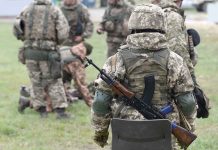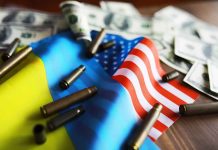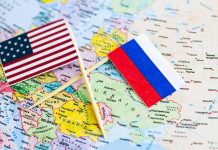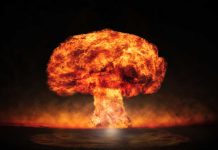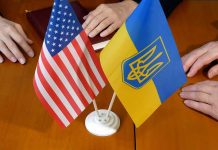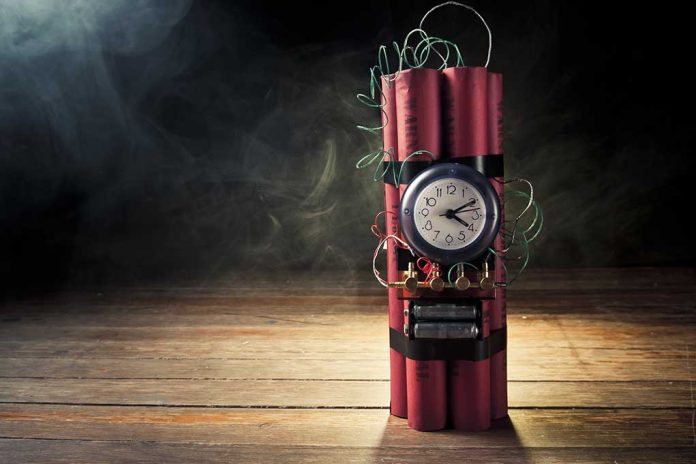
A top Russian general, known for overseeing chemical weapon use in Ukraine, was killed in a brazen attack on Russian soil, escalating tensions between Russia and Ukraine.
At a Glance
- Lt Gen Igor Kirillov, head of Russia’s Nuclear, Biological, Chemical Defence Forces, was killed in Moscow
- Ukraine’s SBU security service claimed responsibility, calling Kirillov a “legitimate target”
- The Kremlin accused Ukraine of a “terrorist attack,” heightening tensions between the nations
- Kirillov was under UK sanctions for overseeing chemical weapon use and spreading disinformation
- The assassination raises concerns about potential retaliation and escalation of the conflict
Moscow Assassination Shocks Russia
In a startling development that has sent shockwaves through Moscow, Lt Gen Igor Kirillov, the head of Russia’s Nuclear, Biological, Chemical Defence Forces, was killed in what the Kremlin is calling a “terrorist attack.” The incident, which occurred in the heart of the Russian capital, has dramatically escalated tensions between Russia and Ukraine, with far-reaching implications for the ongoing conflict.
According to Russian authorities, Kirillov and his aide were killed by a remotely detonated device hidden in a scooter. The explosive, with a force equivalent to 300g of TNT, was detonated as the general exited a building, leaving no doubt about the targeted nature of the attack. This assassination marks a rare and bold strike against a senior Russian official on home soil, highlighting the increasing reach of Ukraine’s military operations.
The killing of a senior 🇷🇺 general in Moscow might have the Kremlin ordering the same type of operations in Kyiv 🇺🇦. Has a new dimensionen been added to the conflict? pic.twitter.com/IZflTrqn1X
— Carl Bildt (@carlbildt) December 18, 2024
Ukraine Claims Responsibility
In a surprising turn of events, Ukraine’s SBU security service has claimed responsibility for the attack. The SBU justified the assassination by labeling Kirillov as “a legitimate target” due to his alleged involvement in war crimes. This admission marks a significant escalation in Ukraine’s tactics, demonstrating their willingness to strike high-value targets deep within Russian territory.
“Kirillov was a war criminal and an entirely legitimate target, as he issued orders to use prohibited chemical weapons against Ukrainian troops. Such an inglorious end awaits all those who kill Ukrainians. Retribution for war crimes is inevitable,” said an SBU source.
The SBU’s statement reveals the depth of their intelligence capabilities and their determination to hold Russian military leaders accountable for actions in Ukraine. This bold move signifies a new phase in the conflict, where the frontlines have effectively extended into the Russian heartland.
Kremlin’s Response and International Reactions
The Kremlin’s response to the assassination has been swift and severe. In their first official comments since the blast, Russian authorities accused Ukraine of committing a terrorist act, further straining the already tense relations between the two nations.
“It is now obvious who ordered this terrorist attack. It is once again confirmed that the Kyiv regime does not shy away from terrorist methods,” said Kremlin spokesman Dmitry Peskov.
This characterization of the attack as terrorism by the Kremlin raises concerns about potential retaliatory measures and further escalation of the conflict. The international community is closely watching the situation, with varying reactions from world leaders. Notably, the UK, which had previously sanctioned Kirillov for his role in chemical weapon use and disinformation campaigns, expressed no sympathy for his death.
Implications for the Ongoing Conflict
The assassination of General Kirillov marks a significant escalation in the conflict between Russia and Ukraine. It demonstrates Ukraine’s growing capabilities and willingness to strike high-value targets within Russia and signals a new phase in their military strategy. This bold move may lead to increased security measures within Russia and potentially more aggressive actions against Ukraine.
As tensions continue to rise, the international community faces the challenge of preventing further escalation while addressing the underlying issues of the conflict. The assassination of Kirillov serves as a stark reminder of the war’s far-reaching consequences and the potential for the conflict to spread beyond Ukraine’s borders. As both sides dig in their heels, the path to peace appears increasingly complex and fraught with danger.


